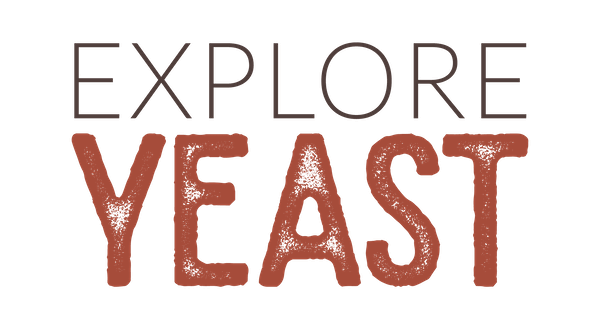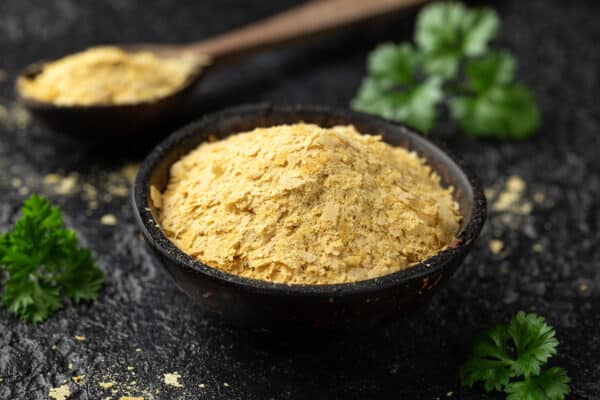Why do we Need Proteins?
It’s quite simple: our body is built with proteins! Skin, muscles, bones… proteins are essential components of all our cells. Proteins are required for the structure, function, and regulation of the body’s tissues, hormones, or organs. Proteins are large and complex molecules made up of hundreds of thousands of small units called amino acids. There are 20 common amino acids found in proteins.
Every day, old cells are dying, and new cells are created. In this turnover, a part of the amino acids from the protein of the old cells is recycled in new cells, but another part is lost. That’s why we need to feed the process with new amino acids that we retrieve from protein in our food.
Are all Proteins Equivalent?
No, their nutritional quality differs. There are two main factors that determine the quality of the protein, which makes the body can use: the content of amino acids and the digestibility of the protein.
- Among the 20 amino acids used to build proteins, some can be produced by our body (= non-essential amino acids). And some can’t: it’s the essential amino acids and they are 8. Most proteins from cereals or legumes/pulses lack one or more essential amino acids. Most of animal proteins (like meat, fish, egg, and dairy…) contain all the essential amino acids. Yeast is a non-animal protein source that contains all the essential amino acids in sufficient quantity.
- The digestibility of proteins is generally high for animal proteins and lower for plant products (except for soya protein) that are not or minimally processed, especially because of their fiber content. Proteins from yeast, however, are easily digested.
What are the Benefits of a diet with plant-based or microbial products?
Switching from animal to plant-based or microbial products, with or without necessarily following a vegetarian or a vegan diet, provides several benefits. It can improve the nutritional quality of the diet, with less saturated fat (which is deleterious for heart and vessels and is primarily found in animal products) for healthier unsaturated fat, and more dietary fibers. Cutting red meat and processed meat is also the main step to reduce the footprint of the diet. A plant-based diet is, therefore, better for the earth and can contribute to limit climate change. However, when replacing animal foods with plant-based foods, it’s important to keep an eye on protein consumption, both from a quantity and a qualitative point of view.
Yeast, a Miracle Ingredient
Yeast is like a natural micro factory that builds its own proteins. Did you know that nearly half of the (dry) weight of yeast is in the form of proteins? Moreover, yeast proteins are of high nutritional quality because they contain all the essential amino acids and are highly digestible. Proteins of yeast are produced thanks to fermentation, the natural process used for thousands of years in food and beverages such as bread, beer, and wine. After fermentation, proteins are separated and concentrated. The protein concentrate obtained contains at least 75 % protein. It is a perfect ingredient for enhancing the protein of numerous plant-based foods. Moreover, yeast protein production is more environmentally sustainable than animal-derived proteins and requires limited land use.
Yeast: the ally of taste
The composition of yeast, specifically rich in proteins and amino acids, explains the taste diversity and intensity of yeast extract. The various tastes and other properties make yeast extract a valuable ingredient for food manufacturers to formulate more flavorful food and beverages: soups, sauces, stock cubes, savory snacks, snacks, prepared dishes, sausages, etc. Its taste value allows vegetarians and vegans to flavor their dishes without adding animal ingredients. Moreover, it is also suitable for low-salt products.
Is yeast protein healthy?
Yes. Yeast protein fit perfectly with the nutrition requirements of humans. Yeast protein provides all the essential amino acids we need. They have a high content of lysine, the main essential amino acid that lacks in cereals. Yeast protein has also a high content of Branched-chain amino acids (BCAAs), which can be used by muscles for energy.
Is Yeast Protein Suitable for Vegan?
Yes, and that’s good news! Following a vegan diet, without any animal products like meat, dairy, eggs, and even honey, are not always easy. And without any animal protein, it is more difficult to find the right amount of all the essential amino acids we need. The good news is that Yeast is not only a perfect source of protein, but it is a vegan ingredient. Although yeast is a living microorganism, it is not an animal or an animal product. Yeast is part of the fungi family, like edible mushrooms.




